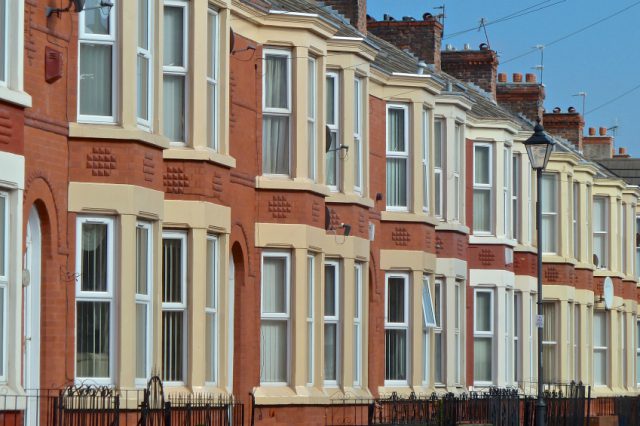Many Conservative MPs that Rejected Fit for Human Habitation Amendment are Landlords

Many Conservative MPs that Rejected Fit for Human Habitation Amendment are Landlords
At least 72 of the Conservative MPs that rejected an amendment to the Housing and Planning Bill, which would have ensured that rental properties are fit for human habitation, are in fact private landlords.
Earlier this week, we reported that the Labour amendment, proposed by the Shadow Housing Minister, Teresa Pearce, was voted against in the House of Commons by 312 votes to 219. The full story is here: /conservatives-reject-move-to-ensure-rental-homes-are-safe/
During the debate, Pearce said that it was “distressing” to see reports of rental homes that “are frankly unfit for human habitation being let, often at obscene prices”.
However, the Local Government Minister, Marcus Jones, argued that the proposal would add “unnecessary regulation and cost to landlords”, which could push up rents for tenants.
The Housing and Planning Bill will now go to the House of Lords for a further debate.
The list of landlord MPs that voted against the amendment includes the Prime Minister, David Cameron, the Housing Minister, Brandon Lewis, and Kevin Hollinrake, who is the co-founder and chairman of Hunters estate agents.
Is your MP on this list of those that rejected the proposal and are also landlords themselves?
Nigel Adams
Stuart Andrew
Victoria Atkins
Jake Berry
James Berry
Bob Blackman
Robert Buckland
Alun Cairns
David Cameron
Alex Chalk
James Cleverley
Geoffrey Clifton-Brown
Therese Coffey
Geoffrey Cox
Mims Davies
Philip Davies
Richard Drax
James Duddridge
Alan Duncan
Philip Dunne
Jane Ellison
George Eustice
Mike Freer
Richard Fuller
John Glen
Robert Goodwill
Chris Grayling
Dominic Grieve
Chris Heaton-Harris
Peter Heaton-Jones
George Hollingberry
Kevin Hollinrake
Philip Hollobone
Nick Hurd
Stewart Jackson
Margot James
Sajid Javid
Joseph Johnson
Simon Kirby
Greg Knight
Brandon Lewis
Julian Lewis
Craig Mackinlay
Tania Mathias
Karl McCartney
Anne Marie Morris
Sheryll Murray
Robert Neill
Sarah Newton
Jesse Norman
David Nuttall
Neil Parish
Owen Paterson
Rebecca Pow
Jeremy Quin
Jacob Rees-Mogg
Laurence Robertson
Julian Smith
Royston Smith
Mark Spencer
John Stevenson
Desmond Swayne
Derek Thomas
Anne-Marie Trevelyan
Andrew Turner
Shailesh Vara
Theresa Villiers
Ben Wallace
David Warburton
Craig Whittaker
John Whittingdale
Nadhim Zahawi
Remember to keep up to date with the latest changes to landlord law at LandlordNews.co.uk.







